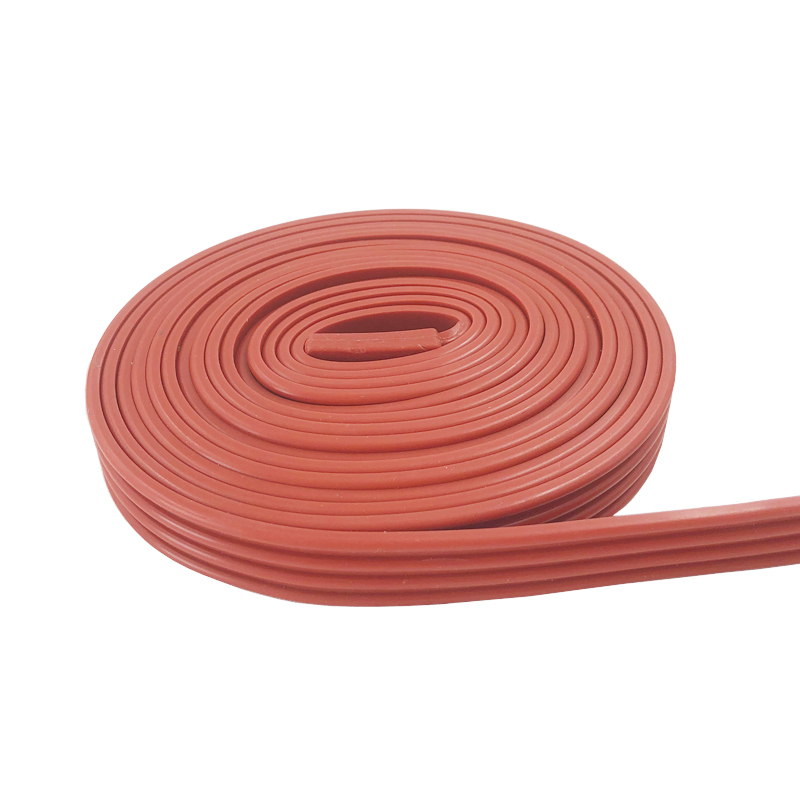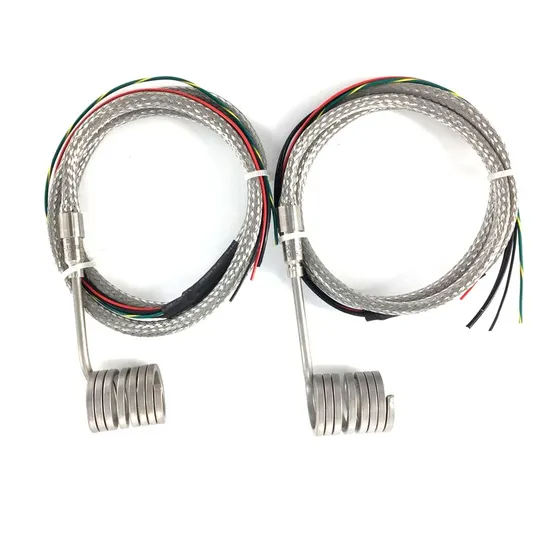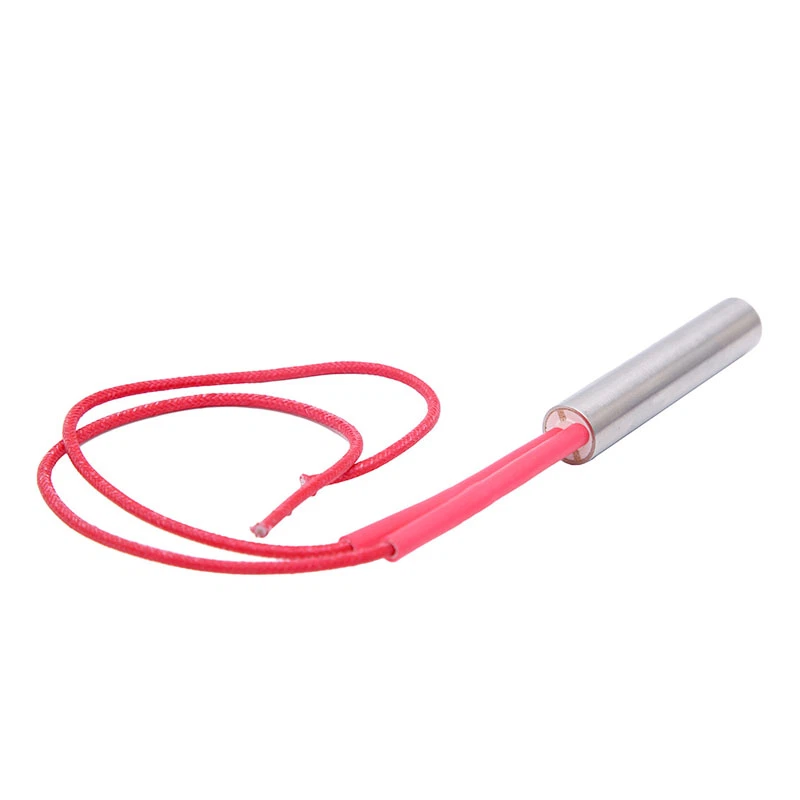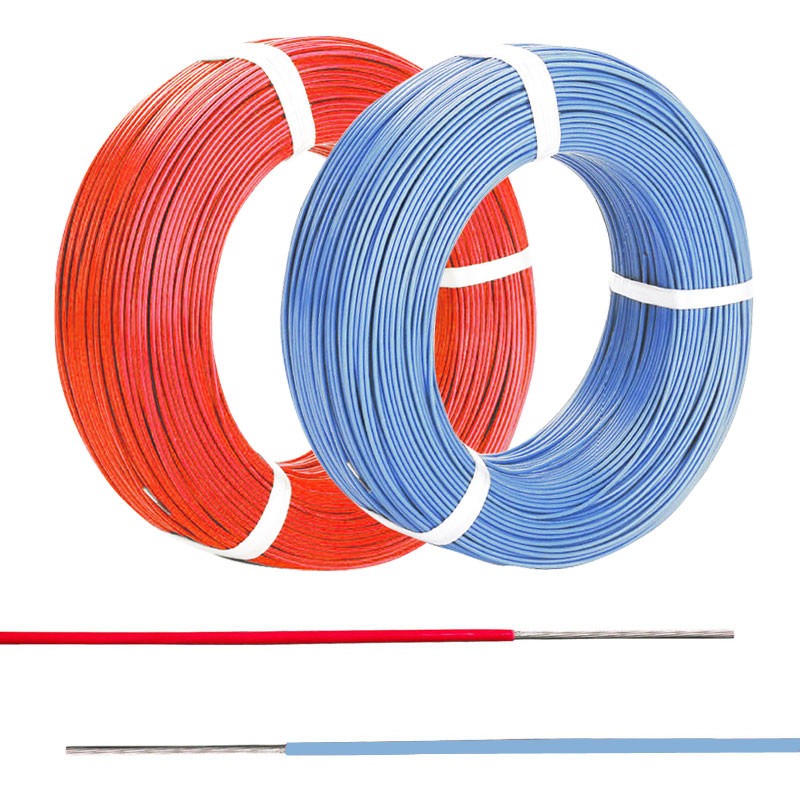Gas pipeline heaters play a crucial role in maintaining the optimal flow and temperature of gas during transmission. As natural gas travels through pipelines across long distances and varied climates, it can experience condensation, freezing, or viscosity issues. That’s where gas pipeline heater manufacturers come in offering reliable heating systems to ensure smooth operations, energy efficiency, and safety in the gas industry.
What Are Gas Pipeline Heaters?
Gas pipeline heaters are specialized equipment designed to maintain gas temperature in pipelines, preventing condensation and blockages caused by low temperatures. They are essential in ensuring uninterrupted gas flow, particularly in colder regions.
Importance of Gas Pipeline Heaters
Without proper heating, gas pipelines can face flow disruptions, pressure drops, and even equipment damage. High-quality heaters ensure:
-
Consistent gas flow
-
Prevention of hydrate formation
-
Protection of valves and metering equipment
-
Enhanced operational safety and efficiency
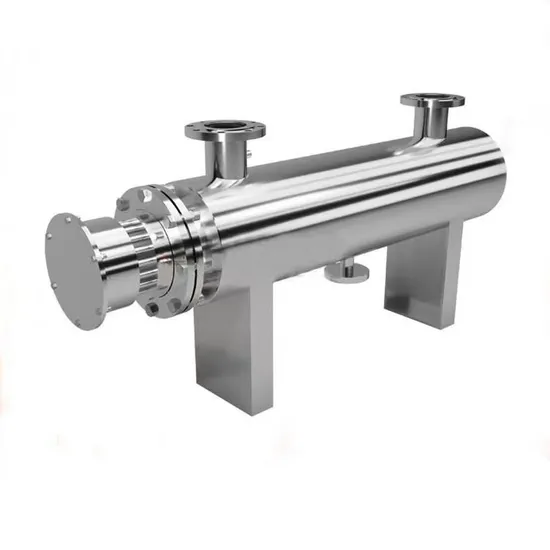
Types of Gas Pipeline Heaters
1. Indirect Fired Heaters
These heaters use a heat transfer fluid to warm the gas without direct contact with flames, providing safe and efficient heat exchange.
2. Electric Heaters
Electric heaters are eco-friendly options offering precise temperature control, ideal for smaller installations.
3. Water Bath Heaters
A popular type in the industry, water bath heaters use a fire-tube submerged in a water-glycol solution to heat gas indirectly.
Key Features of Quality Gas Pipeline Heaters
Top manufacturers focus on:
-
High thermal efficiency
-
Advanced temperature control systems
-
Corrosion-resistant materials
-
Easy maintenance design
-
Compliance with international safety standards
Applications of Gas Pipeline Heaters
Gas pipeline heaters are used in:
-
Natural gas transmission systems
-
Compressor and metering stations
-
Gas processing facilities
-
LNG terminals
-
Oil and gas exploration sites
Top Gas Pipeline Heater Manufacturers
Leading manufacturers in the industry include companies known for innovation, durability, and global compliance. They specialize in custom-designed heating systems suitable for various industrial applications, including energy, petrochemical, and offshore operations.
Why Choose Reliable Manufacturers
Selecting trusted gas pipeline heater manufacturers ensures:
-
Better system reliability
-
Reduced downtime
-
Lower maintenance costs
-
Compliance with environmental and safety regulations
Technological Advancements
Modern pipeline heaters are now equipped with smart control systems, digital monitoring, and automation features to ensure optimal performance and energy efficiency.
Energy Efficiency and Sustainability
Manufacturers today are focusing on sustainable designs that reduce energy consumption and carbon emissions, helping the gas industry align with global green energy goals.
Maintenance and Safety
Routine maintenance and built-in safety mechanisms, such as pressure relief valves and automatic shutdown systems, ensure long-term reliability and operational safety.
Choosing the Right Heater
Before purchasing, consider:
-
Pipeline size and gas flow rate
-
Environmental conditions
-
Power availability
-
Safety certifications
Future Trends
The future of gas pipeline heaters lies in IoT-enabled systems, AI-based predictive maintenance, and eco-friendly designs that support cleaner energy transitions.
Conclusion
Gas pipeline heaters are indispensable to the oil and gas sector, ensuring stable gas flow and operational safety. Partnering with reputable gas pipeline heater manufacturers guarantees efficient performance, advanced technology, and long-term value for industries worldwide.
FAQs
1. What is the main purpose of a gas pipeline heater?
To maintain gas temperature and prevent freezing or hydrate formation in pipelines.
2. Are gas pipeline heaters energy-efficient?
Yes, modern heaters are designed with energy-saving technology and smart temperature controls.
3. Where are gas pipeline heaters commonly used?
They are used in gas transmission stations, processing plants, and LNG facilities.
4. How often should gas pipeline heaters be maintained?
Regular maintenance every 6–12 months is recommended to ensure peak performance.
5. Can electric heaters replace conventional gas heaters?
For smaller or eco-focused operations, electric heaters offer an efficient alternative.


